
William Chan, the co-founder of the healthcare technology company, discusses artificial intelligence in the latest episode of our podcast.

William Chan, the co-founder of the healthcare technology company, discusses artificial intelligence in the latest episode of our podcast.

He’s the dean of the University of Miami medical school and president of the American College of Surgeons. Dr. Ford talked with us about his desire to make a difference.
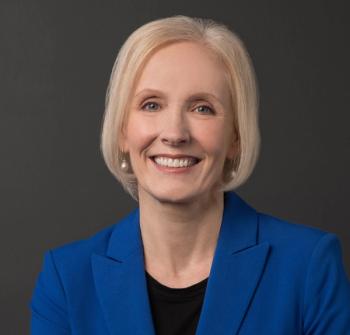
In an interview with Chief Healthcare Executive®, Roxanna Gapstur talks about keeping pace with the rapid changes in healthcare and planning for the future.
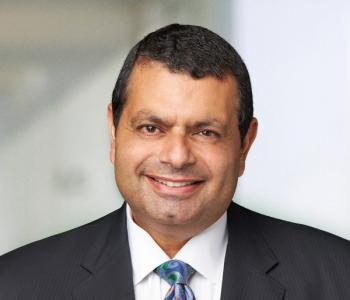
A new KPMG survey shows high interest in GLP-1 drugs. Americans have enthusiasm, and concerns, about AI. KPMG’s Ash Shehata talks about the results and what healthcare leaders should think about.

In the latest episode of Chief Healthcare Executive’s podcast, we talk with Freddie Feldman of Wolters Kluwer Health about patient engagement and helping patients get the care they need.

An expert panel explored ways to meet unmet needs and prepare for emergencies. Erin Trish of the USC Schaeffer Center talked with us about the effort.
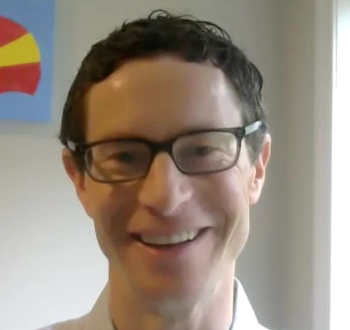
U.S. News & World Report recently released its first ratings of surgery centers. Ben Harder of U.S. News offers insights for patients looking for the right provider.

The organization is launching an effort to enroll 100,000 Black women in cancer research to develop better treatments. Alpa Patel of the cancer society talks about the effort.

Northwell is investing $150 million over the next decade to advance cancer research. Dr. Richard Barakat of Northwell talks about their goals and moving advances from the bench to bedside.

Dr. Pawan Jindal, founder and CEO of Darena Solutions, talks about exchanging patient data more easily and the progress of AI in our latest podcast.

The Pennsylvania hospital systems have signed an agreement to come together. The merged organization would run 30 hospitals and become one of the nation’s 15 largest nonprofit health systems.

Hospitals and health systems admit 60 people every minute across the country. More than 1 in 3 Americans visit emergency departments each year.
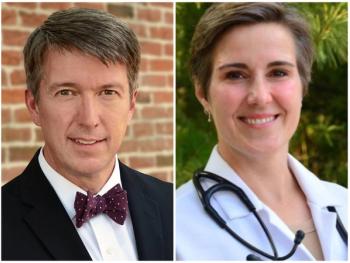
The Dr. Lorna Breen Heroes’ Foundation is teaming with North Carolina leaders to improve the well-being of caregivers. They’re pushing hospitals to drop invasive questions about mental health.

After years of rating America’s hospitals, U.S. News & World Report looks at outpatient facilities. Ben Harder of U.S. News talks with us about the new ratings.

KPMG and Women’s Health Access Matters are teaming to improve women’s health, expand access to clinical trials and spur more investments.

Healthcare leaders say doulas could assist patients during and after pregnancy, but many patients don’t have access.
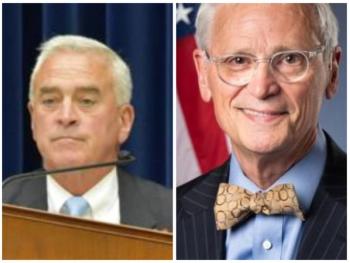
More health systems have introduced programs to offer acute care at home, and two lawmakers want to ensure those programs continue.

Hospital-acquired infections spiked during the COVID-19 pandemic, but hospitals have made strides. Leah Binder, Leapfrog Group CEO, says she’s hoping for more progress.

As part of our ongoing series of stories looking at safety in hospitals, Tony Jace of the Crisis Prevention Institute discusses ways to help protect staff and support workers.

The new hospital represents the biggest investment in UCSF Health’s history, officials say. The project is part of a large effort to transform the system’s flagship campus.
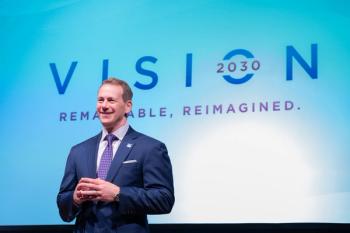
Michael Charlton talks with Chief Healthcare Executive about the plans to transform the New Jersey-based health system, and why there’s no choice but to be bold.

RPM has become essential in healthcare, especially for management of patients with asthma, diabetes, hypertension, and other health issues.

The Centers for Medicare & Medicaid Services is aiming to create a voluntary program for hospitals to share information about their impact on the environment.

Health systems are getting pushed, from inside and outside their organizations, to reduce waste and emissions.

More hospitals and health systems are working to reduce their impact on the environment.